The 90s Internet: A Weird, Wonderful Time Before Social Media
If you can still hear the mechanical squawk of a 56k modem connecting, congratulations: you survived the 90s internet. It was a strange and magical place, equal parts digital frontier and lawless wasteland. Before the world was algorithmically curated, endlessly scrollable, and ruled by influencers and likes, the internet of the 1990s was chaotic, charming, and, dare I say, more fun.
Welcome to the weird and wonderful pre-social media web.
Logging On: The Symphony of Dial-Up
Every session on the 90s internet began with a ritual: waiting for the modem to connect. That eerie combination of hisses, beeps, and robotic groans was the soundtrack of a generation. You might as well go grab a snack, because it could take a while. And don't even think about using the phone. Your dial-up connection had dibs on the landline.
The internet wasn’t something you carried in your pocket. It was a destination. You went online. It was an event. One that often came with a time limit, lest you tie up the phone line for too long and anger everyone else in the house.
AOL: The Original Social Network (Sort Of)
America Online was the gateway drug to the internet for millions. With its iconic “You’ve Got Mail!” alert and keyword-based navigation, AOL wasn’t just an internet service provider. It was an entire ecosystem. They mailed out truckloads of CDs. So many that some people used them as coasters or hung them as decorations. These shiny discs were nearly inescapable and helped make AOL a household name.
Chat rooms were the hotbed of social interaction. Want to talk about your favorite band, TV show, or conspiracy theory? There was a chat room for that. Screen names were an art form, a mashup of your favorite numbers, hobbies, and mysterious Xs.
Instant Messenger (AIM) took things to the next level. Setting the perfect away message was a subtle craft: part poetry, part status update, part passive-aggressive subtext. Bonus points if you included lyrics from Third Eye Blind or Matchbox Twenty.
Geocities, Angelfire, and the Web That Glittered
Before Facebook profiles and LinkedIn pages, people made their own websites. Personal websites. Gloriously hideous, blinking, gif-riddled digital homesteads on services like Geocities, Tripod, and Angelfire.
You didn’t need to be a coder. You just needed enthusiasm, and maybe a stolen copy of Microsoft FrontPage. These pages were bursting with personality: guestbooks, site counters, embedded MIDI music, Comic Sans, and neon green text on black backgrounds.
It wasn’t about perfection. It was about expression. You were building your own corner of the internet, however weird or wonderful.
Search Engines Before Google: A Trip Down the Rabbit Hole
Want to find something in the 90s? Good luck. This was before Google streamlined the world. We had Yahoo! (which started as a hand-curated index of sites), Lycos, AltaVista, Excite, and Ask Jeeves, who promised to answer your questions in the form of a butler.
Search results weren’t particularly relevant, and SEO was more like keyword soup. But the randomness was part of the charm. You never quite knew what you'd find.
The web was a labyrinth, and part of the fun was getting lost in it.
The Forums, The Flame Wars, and the Birth of Online Culture
Want to argue with strangers about Star Trek or Windows vs. Mac? Usenet and early message boards were your battlefield.
These forums were the primordial ooze from which today’s internet culture evolved. Memes were born here, long before they had that name. Emoticons like ":-P" and "^_^" reigned supreme. Debates could spiral into all-caps flame wars that lasted days. Moderation was a rare and sometimes nonexistent concept.
Yet communities formed. Real ones. Niche interests flourished. Fans of obscure TV shows, forgotten video games, or conspiracy theories found each other across oceans. It was messy, but magical.
Napster, LimeWire, and the Great Digital Heist
The late 90s brought us Napster, a revolutionary, controversial file-sharing program that turned millions of teenagers into digital pirates overnight. Suddenly, you didn’t need to save up for CDs. You could just search and download, one MP3 at a time.
Of course, downloading a single song could take 30 minutes, and there was always the chance it was mislabeled or a virus. But the thrill of building your own music library, custom mixes, bootlegs, live recordings, was irresistible.
Eventually, Metallica sued, the industry cracked down, and the Wild West days began to fade. But for a brief window, music felt free.
No Likes, No Followers, No Algorithms
Here's the weirdest thing about the 90s internet: there were no metrics that measured your worth. No follower counts. No likes. No hearts, retweets, or upvotes. Validation came in the form of someone signing your guestbook or emailing you to say, “Cool site!”
You weren’t constantly being sold to, tracked, or fed content based on your psychology. Everything wasn’t trying to go viral. People shared for the sake of sharing. A link was a gift, not a bid for engagement.
It was the internet before the dopamine drip. And honestly? It was better.
Without the social pressure to perform, compare, and curate a perfect image, people were just... themselves. The internet was a place for curiosity, not clout. It didn’t matter how many followers you had. It mattered what weird corner of the web you found or what funny gif you uploaded.
Pop-Ups, Flash Games, and the Need for Netscape
Browsing in the 90s wasn’t without peril. Pop-up ads were everywhere, often launching five at a time like a digital hydra. Ad blockers didn’t exist. Clippy was still a thing. And some sites would immediately hijack your browser, change your homepage, and flood you with blinking banners.
But there were gems, too, like addictive Flash games, quirky fan sites, and Easter eggs hidden in HTML. Netscape Navigator was your chariot. Internet Explorer was your buggy backup.
The web was unpredictable. And that unpredictability made it exciting.
Email Chains, E-Cards, and the Birth of Spam
Before memes were memes, there were email chains. You had to forward that cursed poem to ten people or else your crush would never call. Your Hotmail or AOL inbox was a wild mix of actual messages, chain letters, animated e-cards, and the earliest forms of spam.
Getting an email was still kind of exciting. It was digital pen-palling. And if you were lucky, someone sent you a hilarious dancing baby GIF.
Y2K: The Internet Panic That Wasn’t
As the decade came to a close, the world collectively freaked out over Y2K. Would planes fall from the sky? Would computers implode? Would the entire digital infrastructure collapse?
Spoiler: nothing happened. But the anxiety was real, and it showed how deeply the internet had already woven itself into our lives. We were no longer dabbling in a novelty. We were living online.
The Internet Was Better Because It Wasn’t Social Media
It’s easy to romanticize the 90s internet, and we’re guilty of it. But in many ways, it really was better. It wasn’t perfect. It was clunky, slow, often inaccessible, and far from inclusive. Still, it had something we’ve lost: a sense of mystery and discovery.
Today’s internet is efficient, personalized, and monetized to the pixel. But sometimes, we long for the days of dancing GIFs, nonsensical websites, and the thrill of hearing, “Welcome. You’ve got mail.”
So here’s to the weird and wonderful internet of the 1990s. May your guestbooks be full, your pop-ups few, and your away messages eternally angsty.

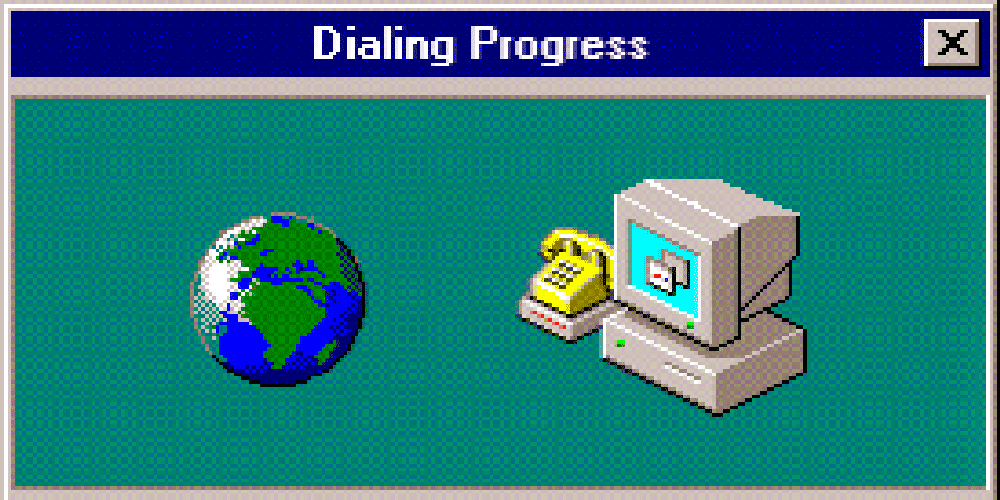
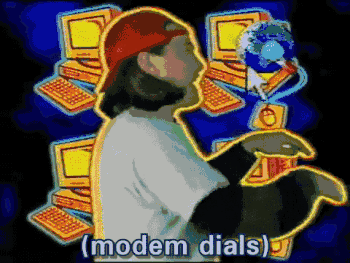
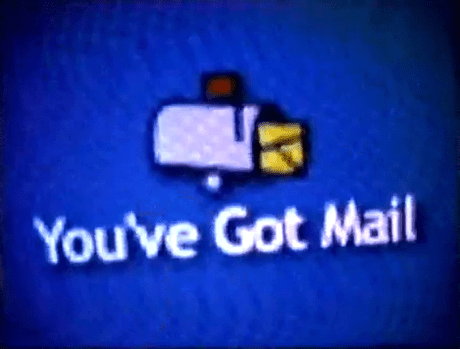

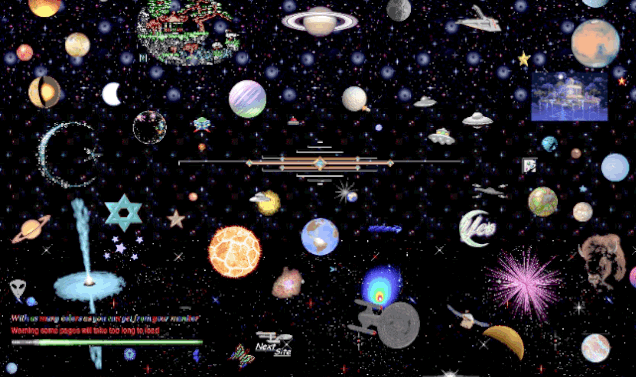


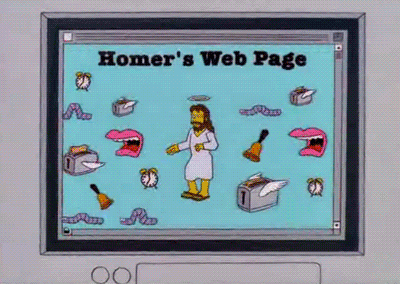
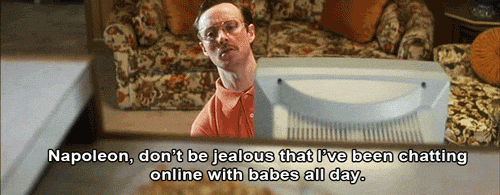
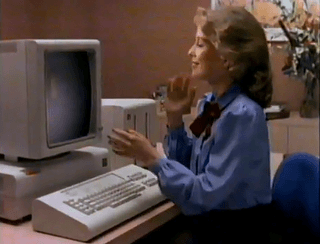
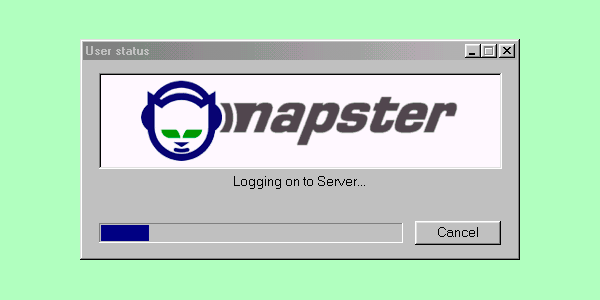
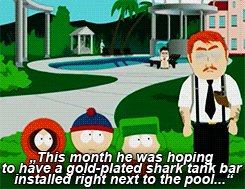
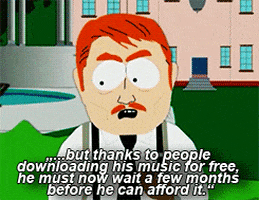
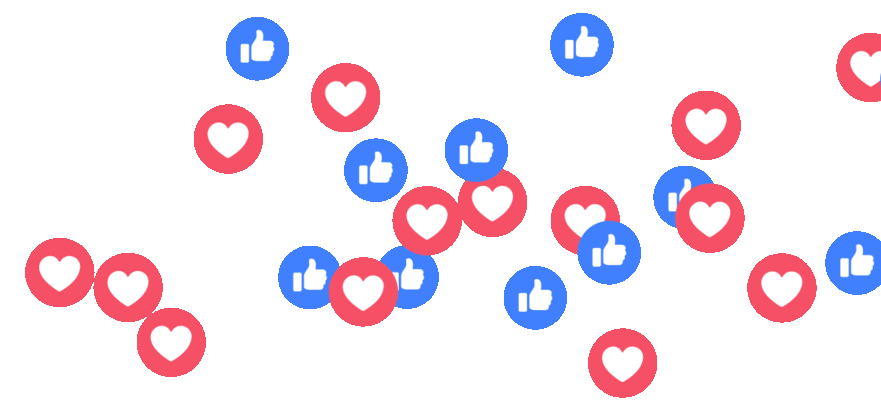
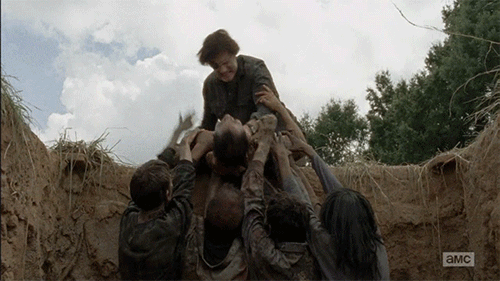
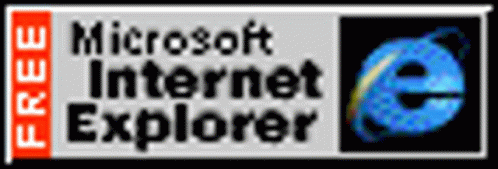
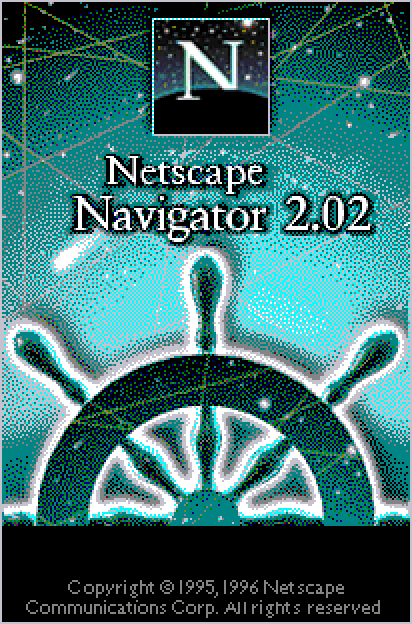
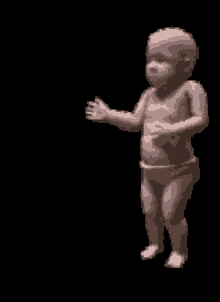


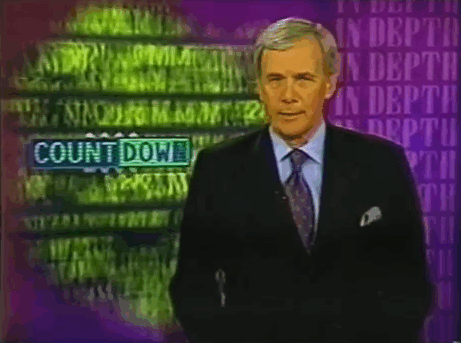
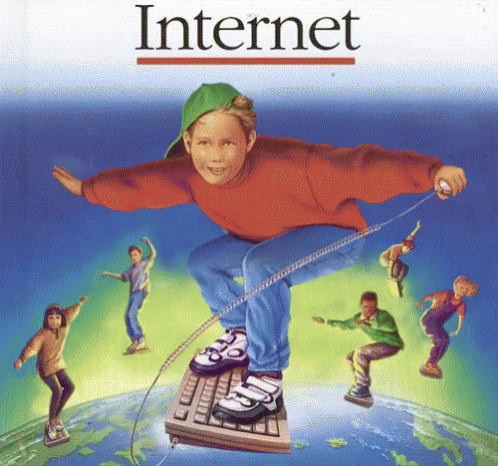


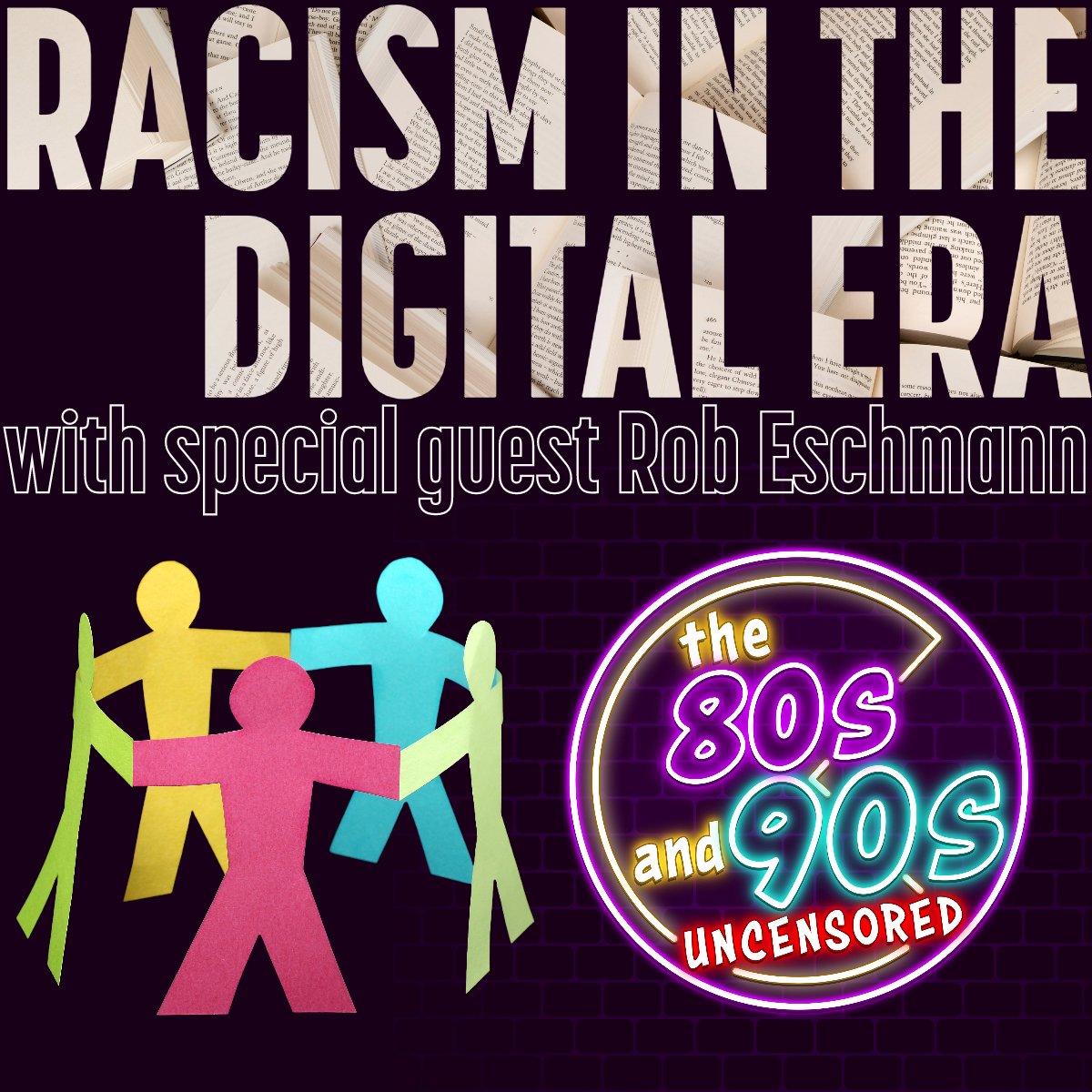




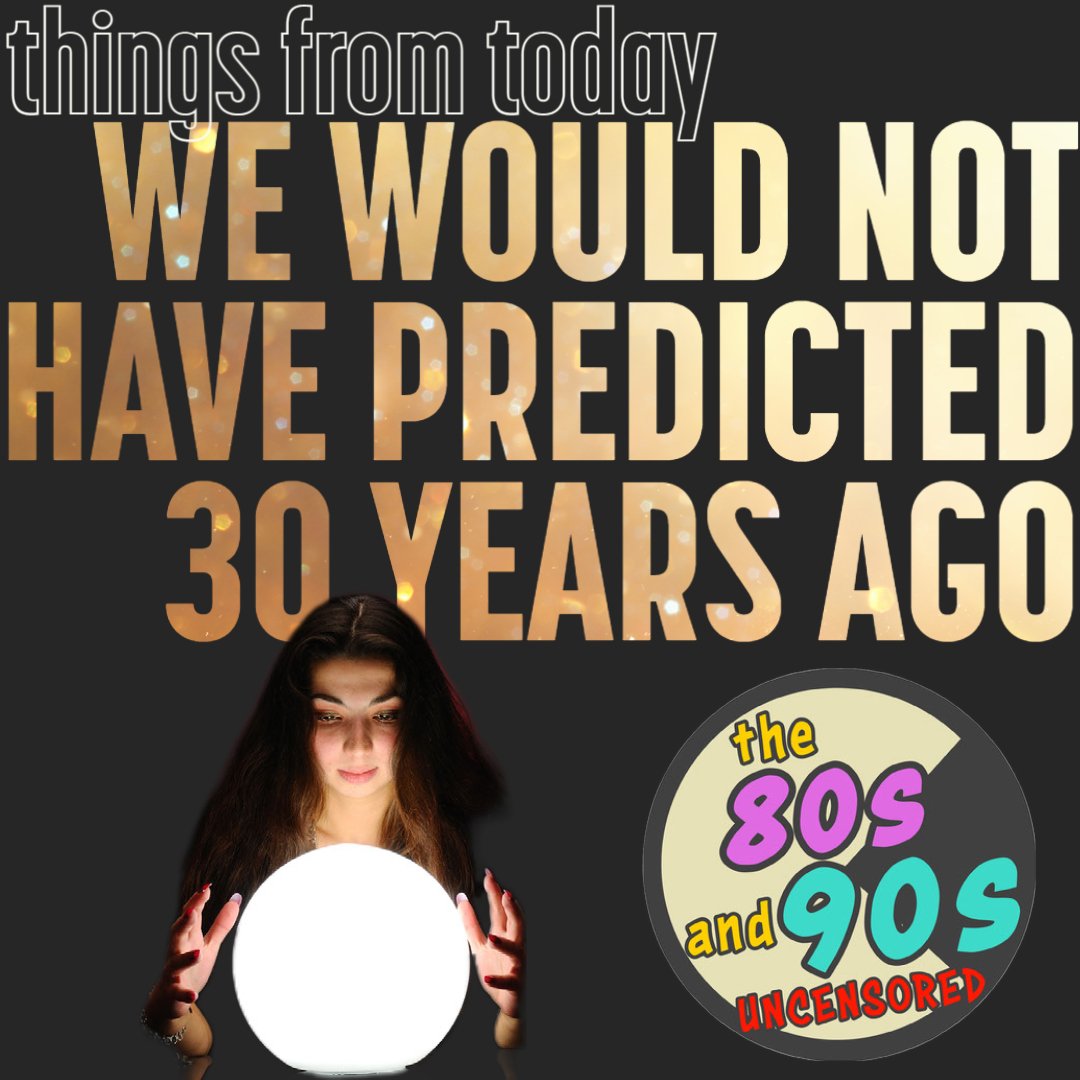

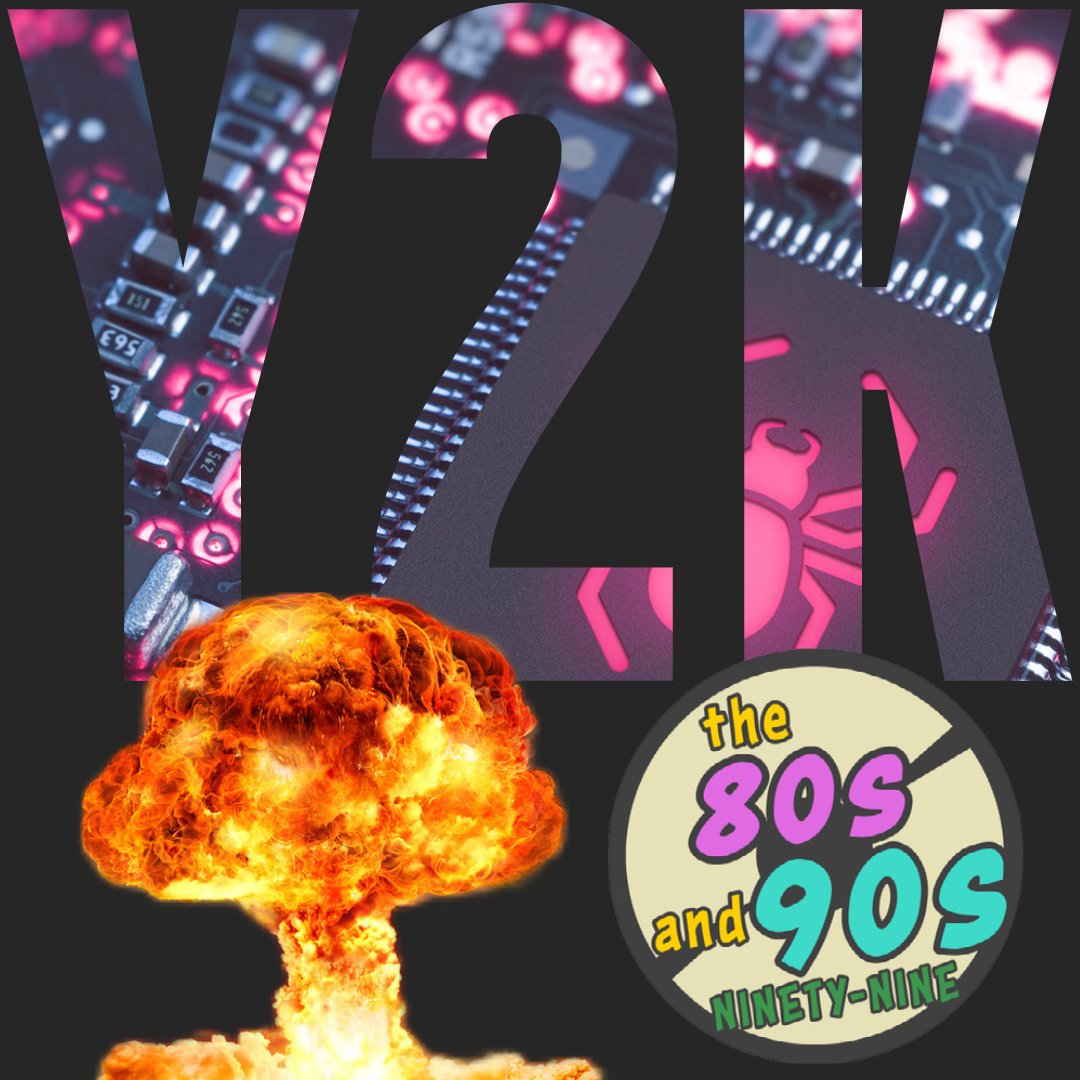
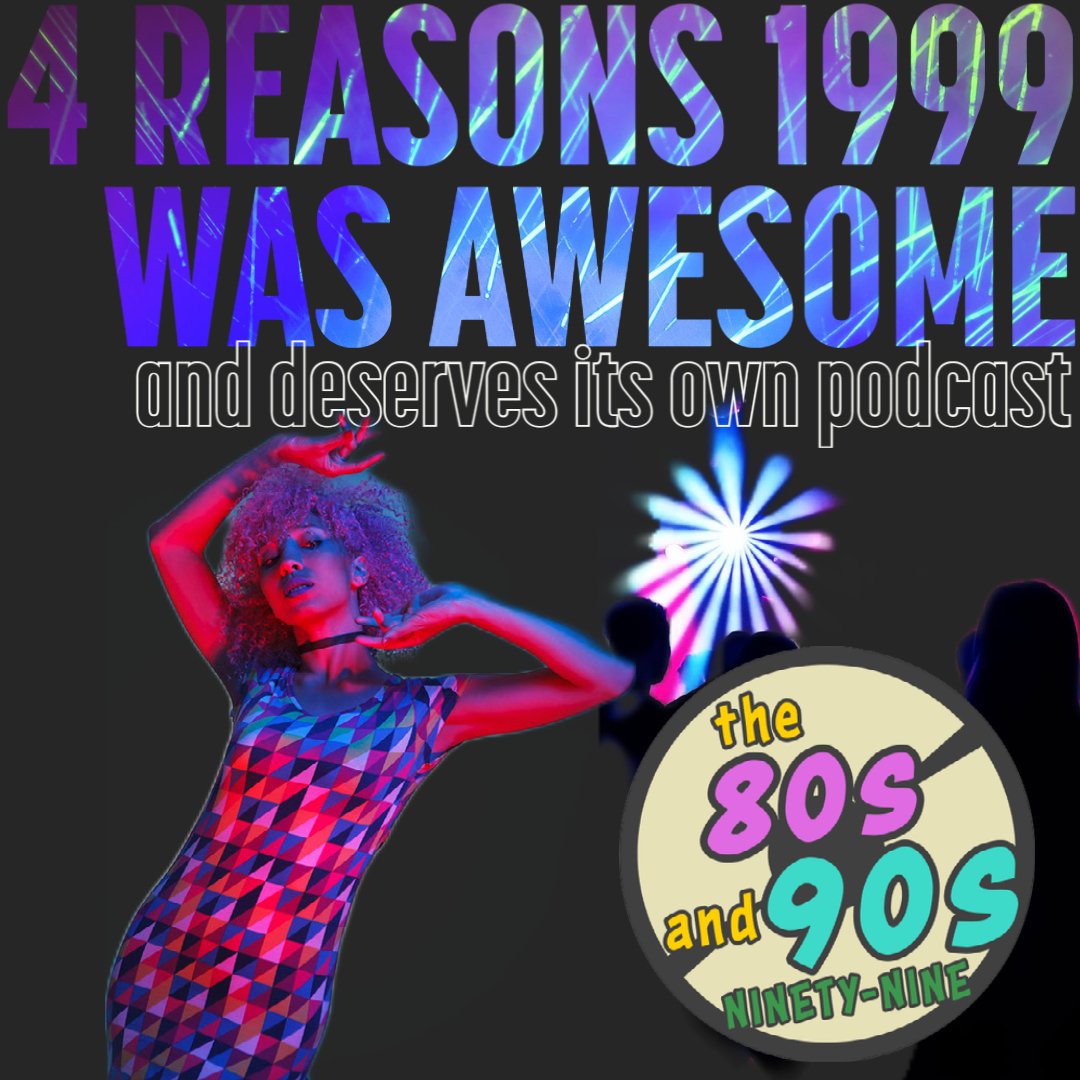

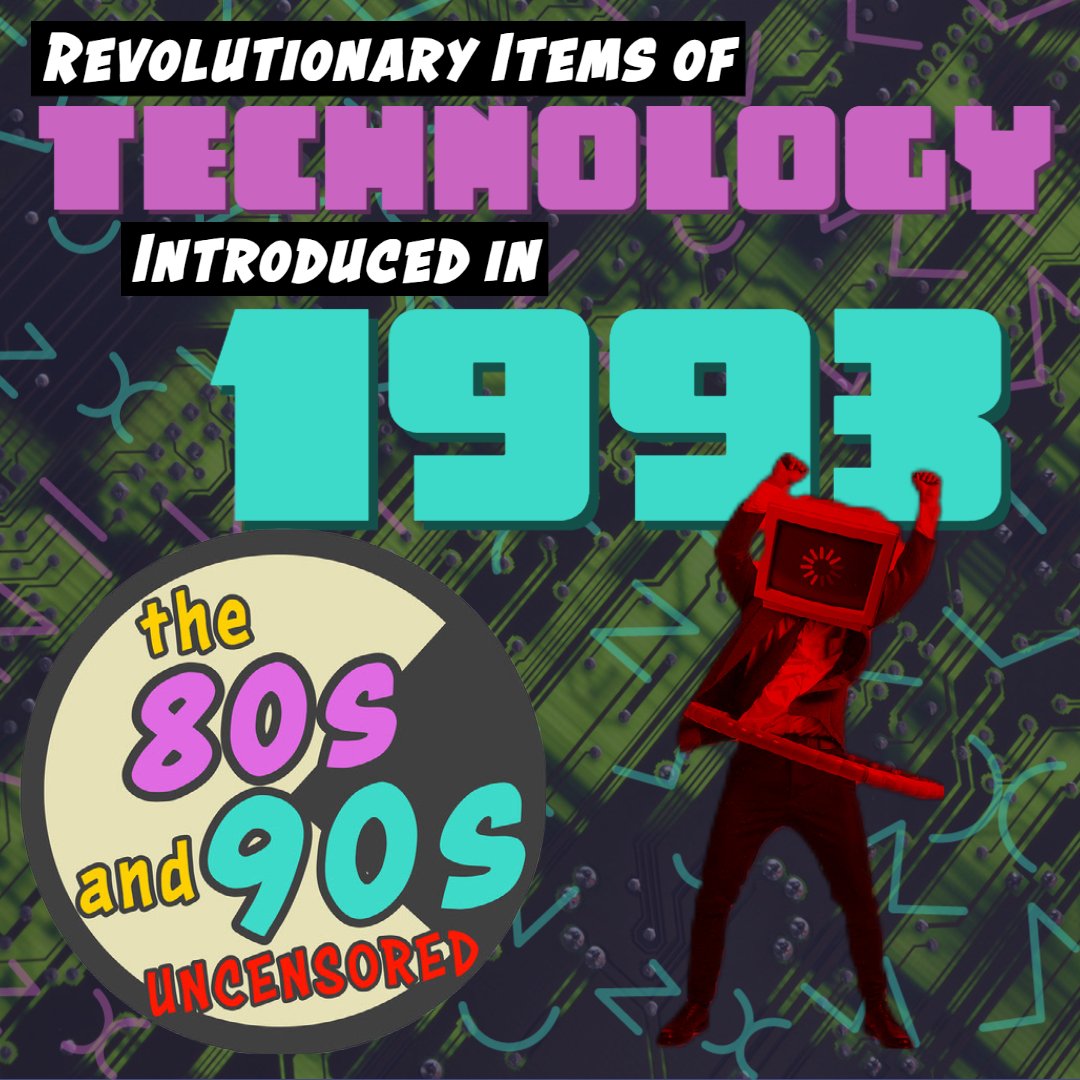
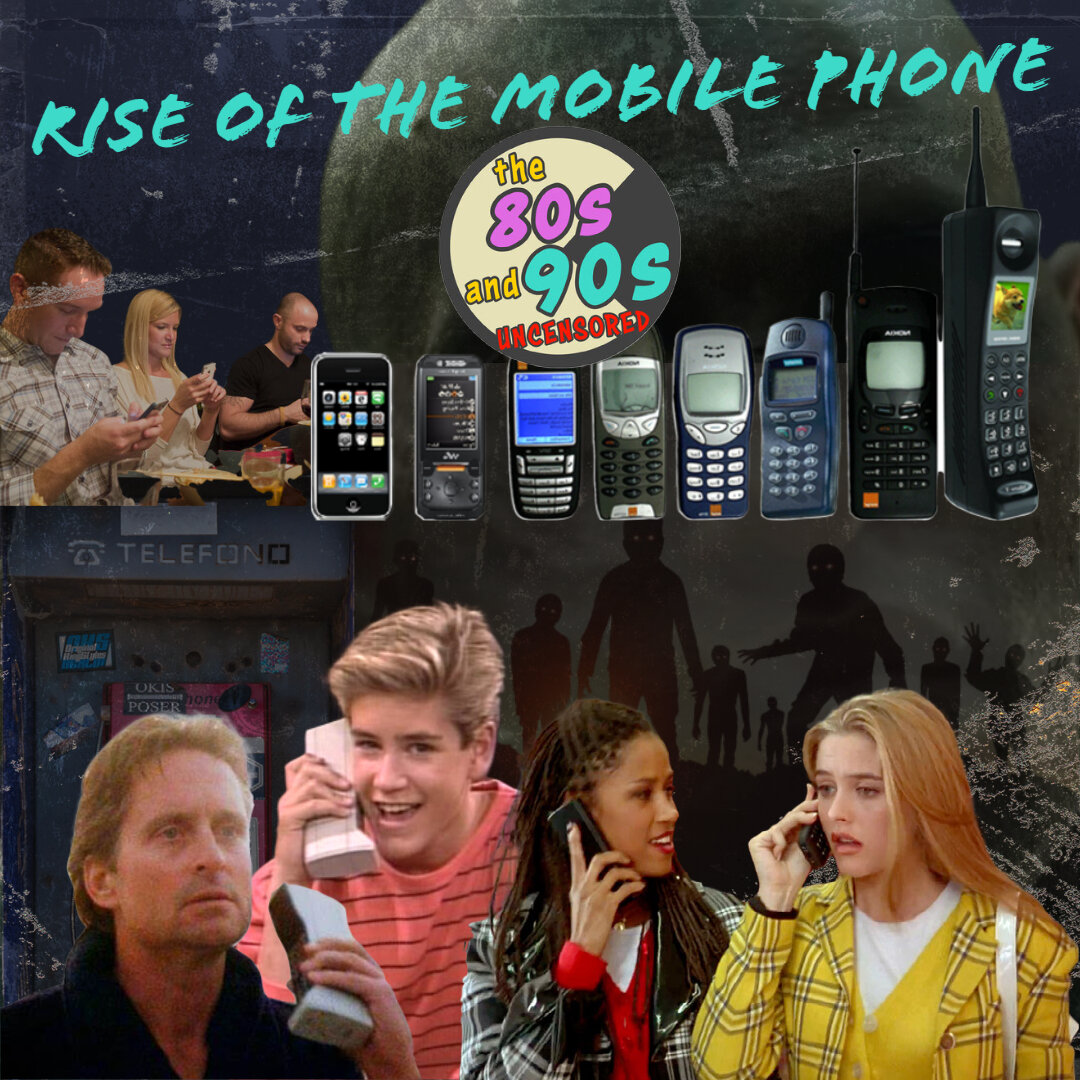

The guys look back 25 years to 1999 and compile a list of items everyone had then, but don’t have now.